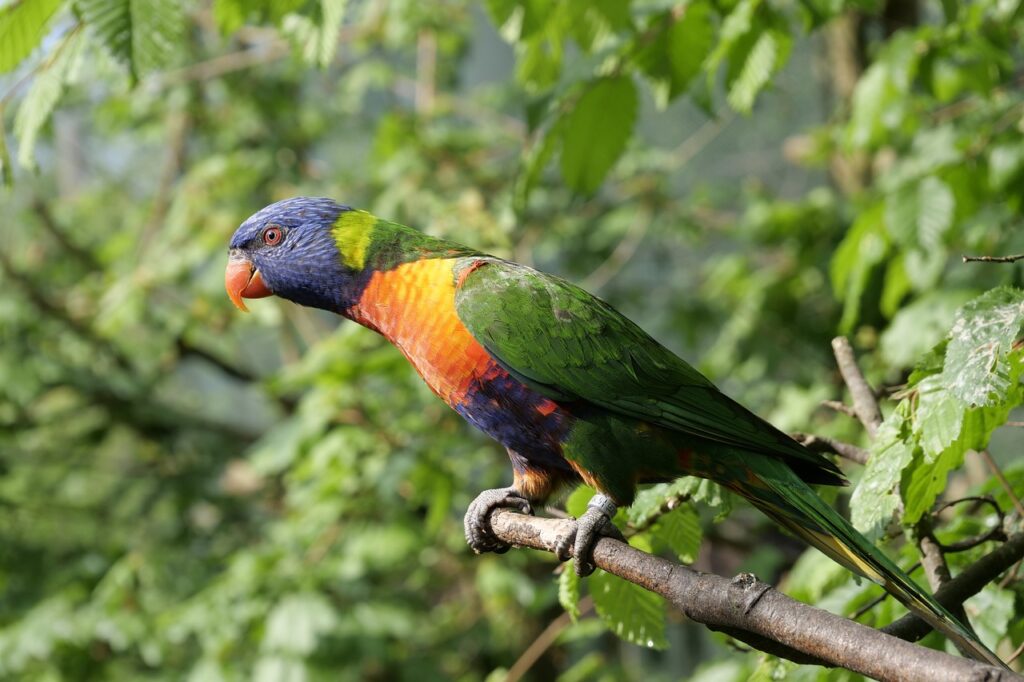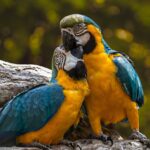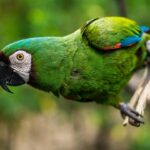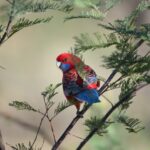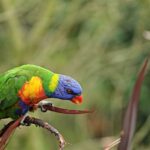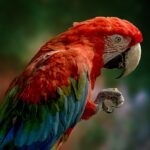Can Parrots Eat Bacon?
Parrots, known for their vibrant plumage and intelligent behavior, are popular pets among bird enthusiasts. One may wonder whether these colorful creatures can indulge in bacon, a savory treat enjoyed by many humans. However, it is crucial to understand that bacon is not recommended for parrots, as it poses several health risks and can potentially harm their well-being.
The Dangers of Bacon Consumption for Parrots
Consuming bacon can be detrimental to the health of parrots due to various factors. Firstly, bacon is high in fat content, which can lead to obesity and related health issues in these feathered companions. Additionally, the high sodium levels found in bacon can cause dehydration and strain the delicate kidneys of parrots.
Moreover, bacon often contains seasonings such as garlic or onion powder, which are toxic to avian species. These ingredients can disrupt the digestive system and lead to severe complications, including anemia. Therefore, it is crucial to avoid feeding bacon to parrots to safeguard their well-being.
Potential Symptoms and Reactions
If a parrot accidentally consumes bacon, it may exhibit several symptoms and reactions. These can include gastrointestinal distress, such as vomiting or diarrhea. Bacon consumption can also lead to increased thirst and urination due to its high sodium content. In severe cases, parrots may experience difficulty breathing or show signs of toxicity, which require immediate veterinary attention.
Safe Alternatives for Parrots
Fortunately, there are numerous healthier alternatives to bacon that parrots can enjoy. Fruits such as apples, bananas, and berries are rich in nutrients and make excellent treats for parrots. Vegetables like carrots and broccoli also provide essential vitamins and minerals. Additionally, parrot-specific commercial treats, formulated to meet their dietary needs, are readily available in pet stores.
Preventing Access to Bacon
It is essential to take precautions to prevent parrots from accessing bacon. Store bacon securely in sealed containers or refrigerators, ensuring it is out of reach for inquisitive birds. Keep waste bins covered and dispose of any bacon scraps or packaging correctly. Create a designated feeding area for your parrot with approved foods so that they are less likely to seek out potentially harmful substances like bacon.
Conclusion
In conclusion, parrots should not be fed bacon due to the numerous potential health risks it poses. The high fat and sodium content, along with potentially toxic seasonings, can lead to obesity, kidney problems, and other serious complications in these beautiful birds. Instead, opt for safe alternatives such as fruits, vegetables, and specialized parrot treats. By taking responsible measures to prevent access to bacon, we can ensure the well-being and longevity of our beloved feathered companions.

